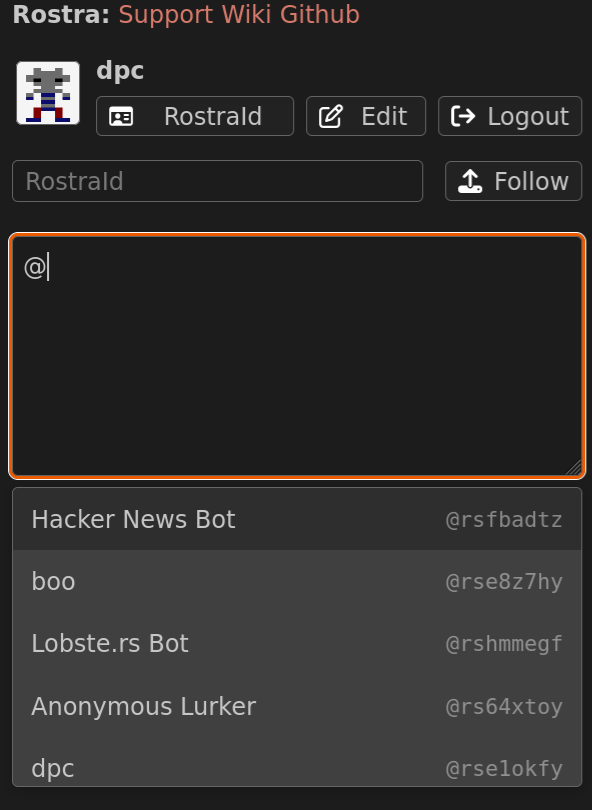I was just recently thinking that if I was him I would have spent quite a bit of resources figuring out and publishing every little detail of it. And whole year nothing? And given how much of a liar he turned out to be, it’s quite clear that it was all staged. The security wasn’t lame because they were trying. It was bad because it was staged. I couldn’t tell how exactly it was done, but my thoughts so far has aligned with what’s in the videos.
Joke on me. I admit I was a sucker. Happens.
Load "Was Trumps Assassination Attempt Staged? New Video Suggests - Maybe"
